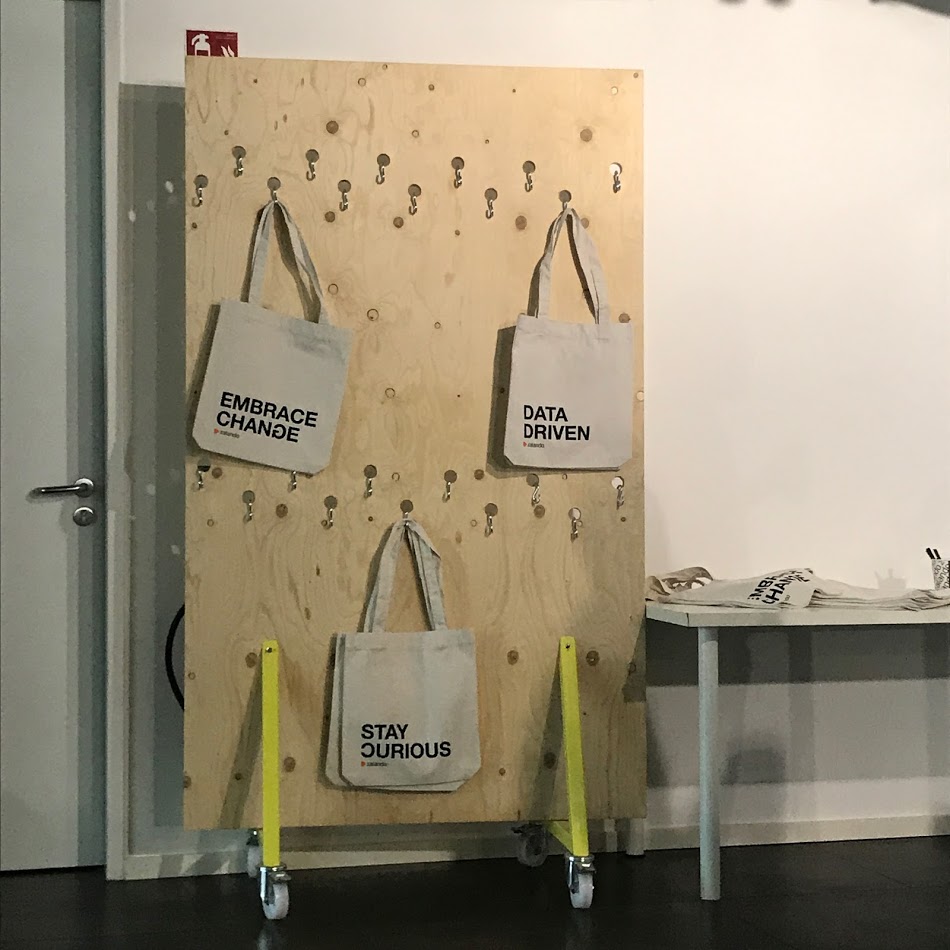Having lived in both cities I get this question frequently. I don’t like it because the city experience is personal and differs from one person to the other.
There is also an inherent bias towards the city the person is currently living in. This bias can be caused by recency, or our tendency as humans to justify our decisions to not feel inconsistent.
That being said, I will lay out few points in which I compare both cities, or the way I typically answer this question. This way I can save a lot of time by just sending people a link.
Disclaimer
Some information might be wrong. I don’t assume liability of any information provided below. Always check the original sources and consult with experts.
Opportunities
Berlin ranks 2nd or 3rd compared to Paris. London has the biggest tech scene in Europe by any objective measure such as funding or number of startups. London is also the only European city I know of where the big 5 have major development offices.
The biggest company in Amsterdam is booking, the biggest in Berlin is Zalando. And in Berlin there is a 500 people tech office for Amazon where they do machine learning and robotics stuff.
I can argue in terms of jobs both cities are comparable. There are many good companies in the Netherlands nobody hears of. And in Berlin a big segment of the market doesn’t speak English. This makes both relatively equal in my opinion.
Visa, Work Premits, and Residence
Once you have a job offer from a Dutch company, you wait two weeks to get a work permit. Once you get it they notify the embassy in Cairo. You go without appointment and you get your visa. No questions asked. No documents other than your passport is required.
Germany is different. You need to struggle to get an appointment two months in advance (unless you know someone). You have to stamp a stash of documents from every Egyptian and German authority. Then you have to go to the embassy and wait outside for hours under the 40 degrees weather of Cairo to wait for your turn. You will be met with a rude intimidating Egyptian employee working for the embassy who will ask you all sorts of questions as if it is the day of judgement. After this you will wait 6 weeks for a response.
But but but, with Germany you get a blue card. This allows you to stay up to 3 months without a job. You can switch jobs easily. You can pause it and leave the country for a year and come back without issuing a new one. You get permanent residence if you learn German within two years, and without German within 3 years. And it is EU wide. You can use the same blue card to work in other places in EU.
But, Germany probably won’t give you any of this if you don’t have university certificate. This sucks. You can eventually get it but you have to convince the authorities you have the required experience and convince your company to be patient enough to wait for all this. Sadly I know multiple people who got their visa rejected because of lack of university certificate.
In Netherlands you get permanent residence after 5 years and must learn Dutch. I think switching jobs is easy. It is the Netherlands!
Money
I don’t think there are big differences between both. Amsterdam is more expensive but as a foreigner 30% of your income is not taxed for 5-7 years. There are some nuances to this but in general both cities balance out. If you don’t get the 30% exemption then Berlin is cheaper.
Public Transit
Amsterdam sucks. It is slow. It doesn’t come on time. It is full of tourists. Most of the places have one way to get there. And it is not wheelchair accessible.
Berlin is much better. There are multiple options for going anywhere. Most things come on time (except bus number 248).
Housing
Netherlands has one of the highest population densities in the world. It is a tiny country with 15 million inhabitants. This makes housing a nightmare. There aren’t many options and it is highly competitive. And if you are looking for Wheelchair accessible housing, good luck with that.
The situation in Berlin is much better. There are tons of new buildings, and it is affordable to anyone working in tech. Because also Berlin is bigger and more widely spread, you will find neighborhoods for every taste.
Healthcare
Both suck. Berlin sucks less. In Amsterdam doctors speak English with ease. In Berlin it is not the case. It is not easy to find good doctor that also speak English.
In Amsterdam your GP is a gate keeper. You can’t see a specialist without their approval. Even in the most obvious cases.
People
The Amsterdam people are more friendly than the Berliners. And here I wrote the Berliners because Germans tell me it is different outside of Berlin. The Dutch are way more relaxed. No one rushes you in the supermarket.
And it shows even in the driving habits. No one will honk at you for being slow crossing the street. In Berlin this happens all the time.
English is not a problem for the Dutch. Everyone speaks English including the people you expect the least like government employees.
Both are direct and express their opinion in a kind of in your face. But you will get used to it. Although I feel the Dutch are more pragmatic and don’t try to get it right from the first time. This I believe is strongly needed in an industry like ours.
The weather
Berlin weather is cold. Amsterdam is warmer but windy and rainy. Berlin is more predictable. Amsterdam you can have the four seasons in one day.
Wheelchair Accessibility
Berlin. Accessible public transit. More restaurants and cafes with accessible bathrooms. And it is flat. No canal bridges. No hills.
Closing
At the end it all goes down to one question: what are you optimizing for?



